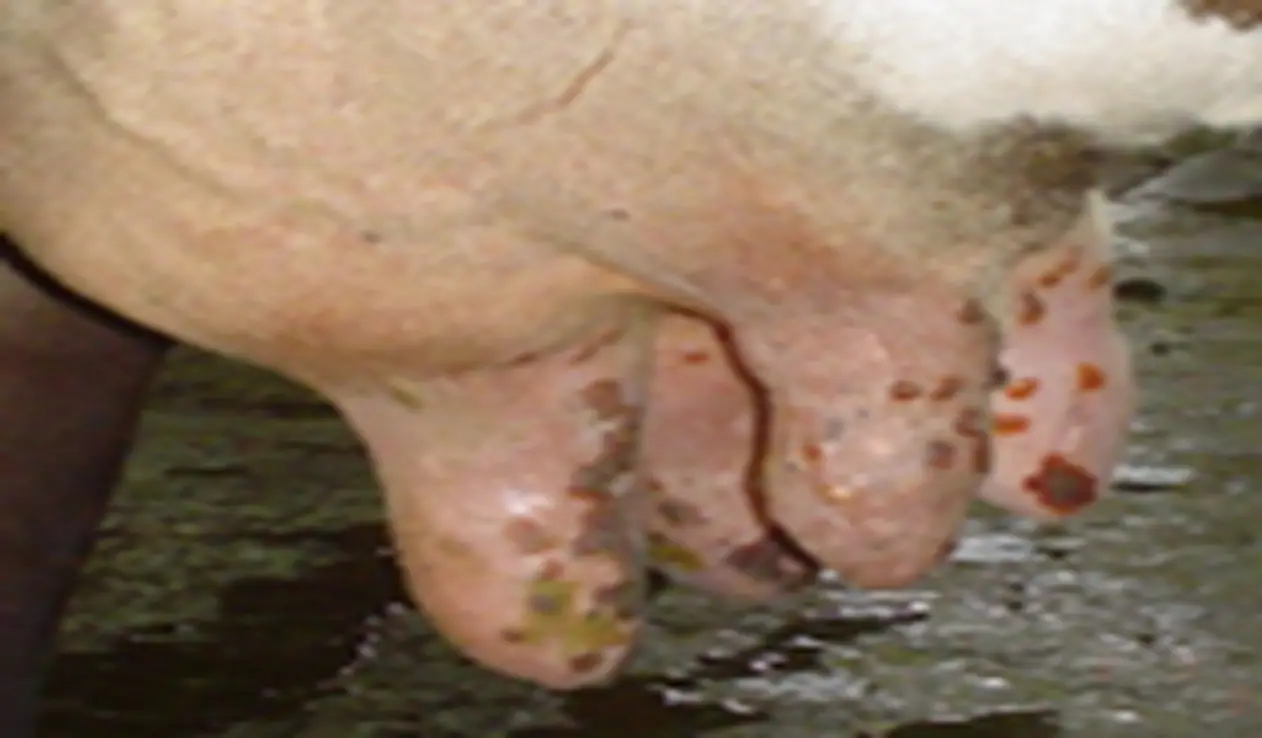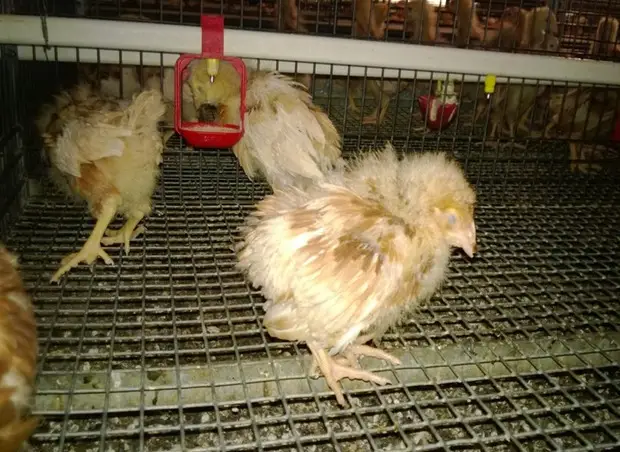

Share
Infectious bursal disease (IBD) is a widely prevalent contagious viral disease occurring in brooding and growing stage of chickens causing significant morbidity and low mortality rate.
Infectious bursal disease (IBD) is caused by double stranded RNA Virus.
young chicks of 2-9 weeks of age. Both broilers and layers may suffer.
It is discharged through faeces and is spread from poultry shed by fomites
transmission through direct contact
spread from contaminated environment.
infected poultry shed remain infective for 122 days even after removal of infected birds.
the virus may remain alive for around 6 months in dry litter and for more than a year in unused dry poultry sheds.
Symptoms of infectious bursal disease (IBD) are,
2 types:
– subclinical infections:
manifestations are less obvious. birds remain dull and depressed. morbidity is more but mortality rate is less.
– clinical infections:
severe depression, incoordination, watery diarrhoea, soiled vent feathers, vent picking and cloactitis. mortality ranges from 20-30%. retardation in body weight.
Ars alb: small stools, offensive, with much prostration. Worse at night. Skin excoriated about anus. Eczematous eruptions around anus. Weakness and emaciation.
Verat alb: profuse stools, prostrations follow the stool. Watery odourless colourless or green stools. Progressive weakness and emaciation
Croton tig: stools yellow and copious watery stools. Pain of excoriation after stools. Burning in anus.
Pulsatilla: rumbling, watery stools, worse at night. Dysentery with mucus and blood. Changeable stools.
Merc cor: dysentery. Tenesmus not relieved by stools. Stools hot, bloody, slimy, offensive and shred of mucus membrane.
Dr. Keerthi MS
BHMS Consultant
Curewell Homoeo Pharmacy Pvt Ltd.
Aluva, Ernakulam, Kerala, India.
